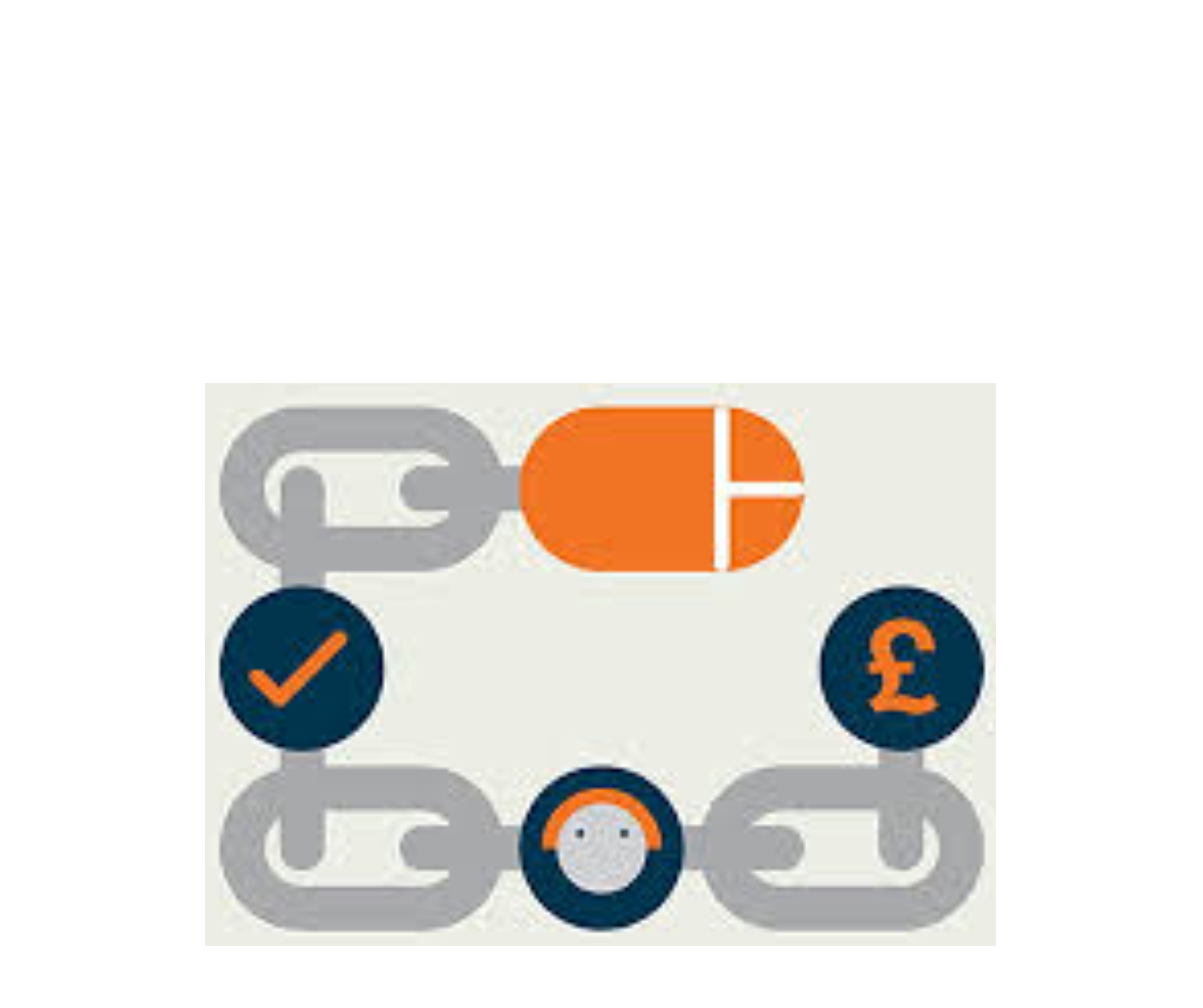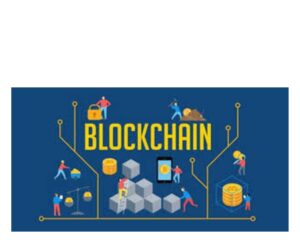 Audit and Assurance Evolve with Blockchain
Audit and Assurance Evolve with Blockchain

Audit and Assurance Evolve with Blockchain, Blockchain technology has the potential to significantly impact the fields of audit and assurance.
Here are a few ways in which audit and assurance might evolve with the adoption of blockchain:
Enhanced Transparency and Traceability:
Blockchain technology provides a decentralized and immutable ledger that records all transactions and data exchanges. This transparency and traceability can improve the audit process by providing auditors with direct access to reliable and tamper-proof data. Auditors can easily verify transactions, track the flow of funds, and assess the integrity of financial information.
Real-Time Auditing:
With blockchain, financial transactions and data are recorded in real-time and are immediately available for verification. This allows auditors to perform continuous auditing, monitoring transactions as they occur and identifying anomalies or errors in real-time. Real-time auditing can enhance the timeliness and effectiveness of audit procedures.
Smart Contracts and Automation:
Blockchain platforms often incorporate smart contracts, which are self-executing agreements with predefined rules and conditions. Smart contracts can automate certain audit procedures, such as verifying the accuracy of transactions and the compliance with contractual obligations. This automation can improve efficiency, reduce manual effort, and enhance the accuracy of audit processes.
Improved Data Security and Integrity:
Blockchain’s decentralized and cryptographic nature provides enhanced security for data stored on the blockchain. This can help prevent unauthorized access, data tampering, and fraud. Auditors can rely on the integrity and security of the blockchain platform to ensure the reliability and authenticity of the audited information.
Expanded Audit Scope:
Blockchain technology can enable the auditing of non-financial information beyond traditional financial statements. Smart contracts can be used to automate and verify the execution of contractual obligations, supply chain transactions, or compliance with regulatory requirements. This expanded audit scope allows auditors to provide assurance on a wider range of data and processes.
However, it’s important to note that the adoption of blockchain technology in audit and assurance will require careful consideration of various challenges, including privacy concerns, scalability issues, regulatory frameworks, and the need for specialized skills and expertise in blockchain auditing. As the technology matures and regulatory frameworks evolve, auditors and assurance providers are likely to adapt their methodologies and practices to effectively leverage the benefits of blockchain.
To visit: https://www.mca.gov.in/
